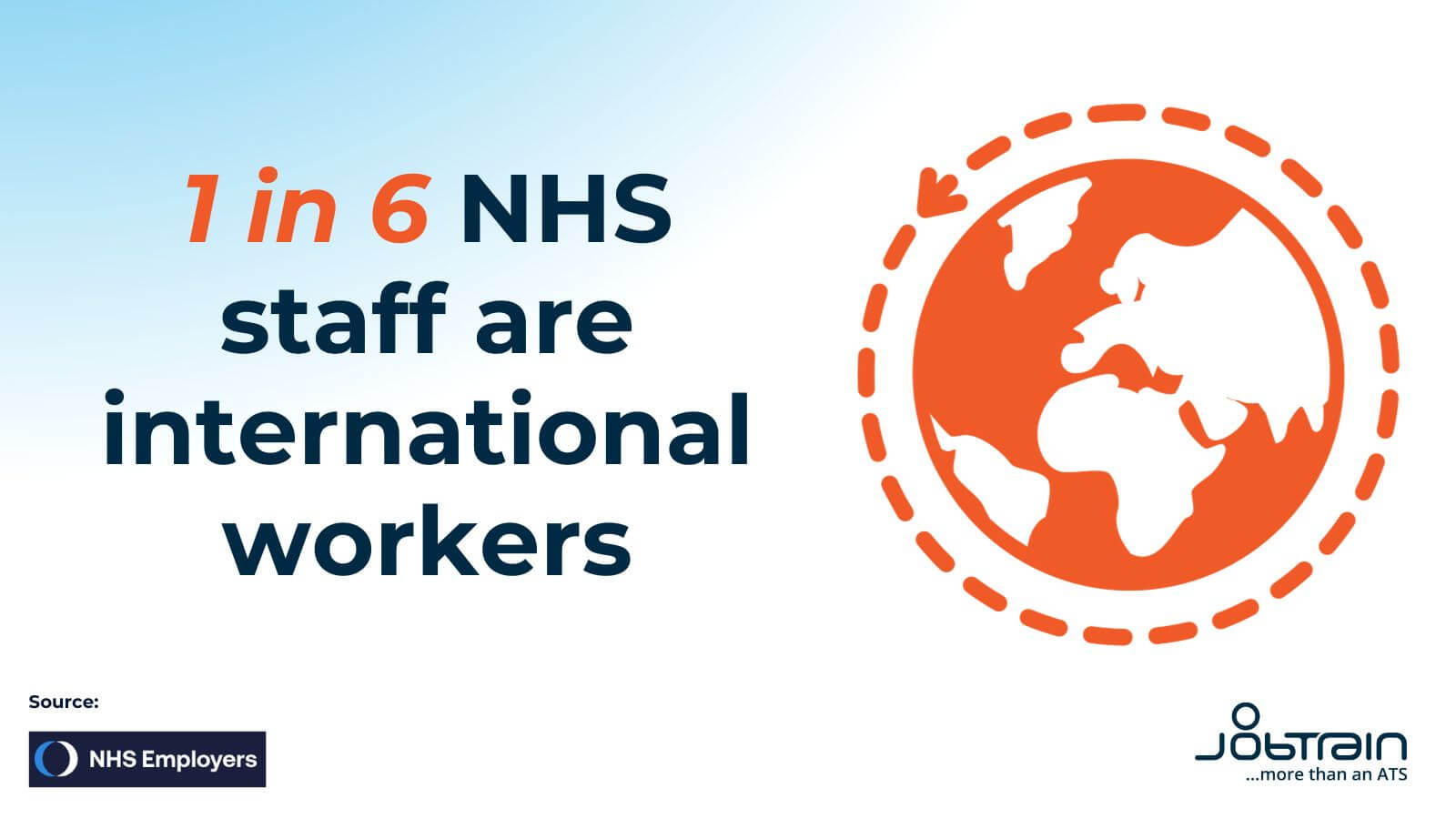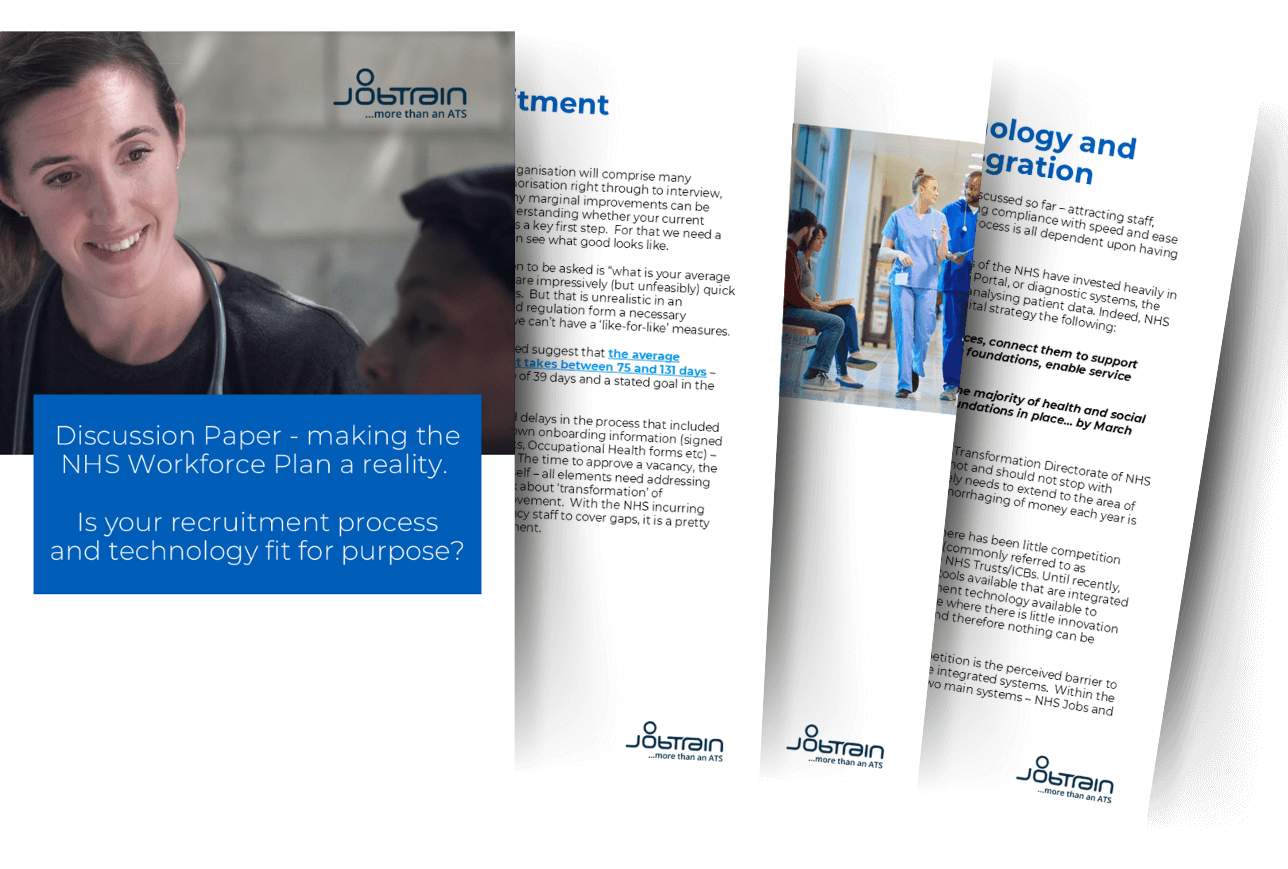1 - The hidden toll of healthcare
2 - Mindful hiring
3 - Reinventing support
4 - A long-term vision
5 - Real stories
6 - A call to action
In the heart of the UK's healthcare system, the National Health Service (NHS) stands as a beacon of medical excellence. Yet, beneath the surface of clinical efficiency, there lurks an unseen epidemic: the deteriorating mental health of NHS staff. The relentless demands of healthcare, exacerbated by the COVID-19 pandemic, have ushered in a mental health crisis among these vital workers. This crisis is not just a challenge for the individuals affected but a systemic issue that threatens the very fabric of our healthcare provision.
The hidden toll of healthcare
The mental well-being of NHS staff is often overshadowed by their physical demands. However, the statistics paint a stark picture. A survey by the British Medical Association in 2021 highlighted that 41% of doctors were grappling with depression, anxiety, stress, or other mental health conditions exacerbated by their work environment (British Medical Association, 2021). This crisis extends beyond doctors, enveloping nurses, support staff, and allied health professionals, fundamentally impacting patient care and healthcare delivery.
A new approach to recruitment: mindful hiring
In addressing this crisis, the NHS must evolve its recruitment strategies. Traditional hiring practices have emphasised technical skills and qualifications. However, there's a growing need to incorporate mental resilience and emotional intelligence into the recruitment matrix. This approach involves:
- Transparent Dialogues: Candid discussions about the challenges in healthcare roles can set realistic expectations for potential recruits.
- Highlighting Support Mechanisms: Showcasing existing mental health support during recruitment signals a commitment to staff welfare.
- Valuing Diversity: A workforce diverse in experiences and backgrounds fosters a supportive environment, crucial for mental well-being.
Reinventing support for healthcare workers
Supporting existing staff is as crucial as hiring the right people. This support must be multifaceted:
- Proactive Mental Health Checks: Regular mental health assessments can identify at-risk individuals, offering timely interventions.
- Accessible Support Resources: Easy access to counselling and mental health resources is essential. Digital platforms can play a key role here, offering tools like mindfulness apps and online therapy sessions.
- Cultivating Openness: A workplace culture that normalises discussions about mental health can destigmatise these crucial issues.
- Balancing the Scales: Implementing policies that encourage work-life balance is vital for mental well-being.
Long-term vision: systemic change for systemic issues
Addressing the mental health crisis in the NHS requires more than immediate solutions; it calls for a long-term vision:
- Policy Advocacy: Lobbying for policy changes to reduce work-related stress, such as improved staffing ratios and dedicated mental health funding, is essential.
- Leadership with Empathy: Training leaders to recognise and address mental health issues can create a more supportive environment.
- Investing in Understanding: Research into the unique mental health challenges faced by healthcare workers is crucial for developing targeted interventions.
- Community Solidarity: Engaging the wider community in supporting NHS staff acknowledges their contributions and builds a network of support.

Real stories, real impact
The power of programmes: Mind's blue light initiative
Mind's Blue Light Programme, tailored for emergency responders, offers valuable lessons. Its focus on training, resources, and support has shown positive impacts on participants' mental health, suggesting a blueprint that could be adapted for the NHS (Mind, 2020).
Pandemic pressures: a surge in mental health issues
The COVID-19 pandemic has intensified the mental health crisis in the NHS. Research by the Royal College of Nursing in 2020 revealed that 36% of nurses reported mental health issues during the pandemic, a significant rise from pre-pandemic levels (Royal College of Nursing, 2020).
A call to action
The mental health crisis among NHS staff is a clarion call for change. It's a call to reshape our approach to healthcare recruitment, to reforge our support systems, and to reimagine our long-term strategies. By addressing the mental health needs of NHS staff, we do more than just support our healthcare workers; we fortify the very foundation of our healthcare system, ensuring a resilient and effective service for all. This is not just an NHS issue; it's a societal one, where every one of us has a role to play in supporting those who care for us.
